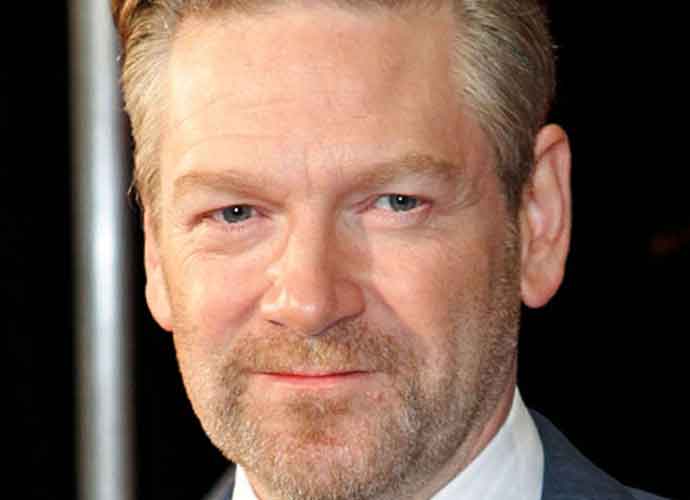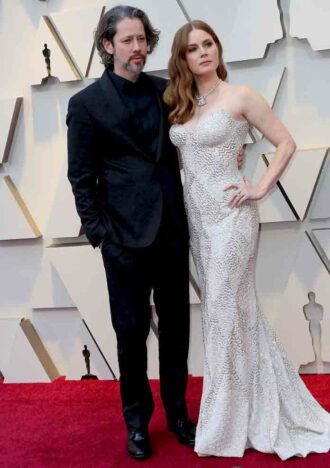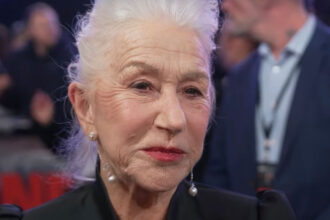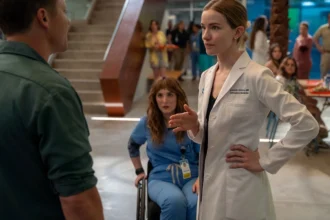VIDEO EXCLUSIVE: Kenneth Branagh On ‘All Is True,’ Judi Dench
After making a career out of playing William Shakespeare’s most iconic roles, actor Kenneth Branagh is finally taking on the role of the Bard himself. His new film, All Is True, was released in the United Kingdom back in December and is set for a limited release in the U.S. beginning on Friday.


 Click here for the Oscars 2019 Slideshow: The 10 Best-Dressed Stars Slideshow
Click here for the Oscars 2019 Slideshow: The 10 Best-Dressed Stars Slideshow










Leave a comment